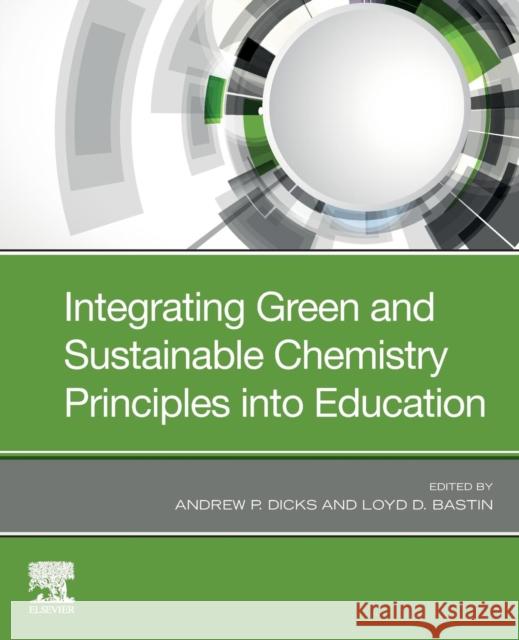Integrating Green and Sustainable Chemistry Principles Into Education » książka
topmenu
Integrating Green and Sustainable Chemistry Principles Into Education
ISBN-13: 9780128174180 / Angielski / Miękka / 2019 / 258 str.
Kategorie:
Kategorie BISAC:
Wydawca:
Elsevier
Język:
Angielski
ISBN-13:
9780128174180
Rok wydania:
2019
Ilość stron:
258
Waga:
0.45 kg
Wymiary:
23.5 x 19.1 x 1.4
Oprawa:
Miękka
Wolumenów:
01
Dodatkowe informacje:
Bibliografia











